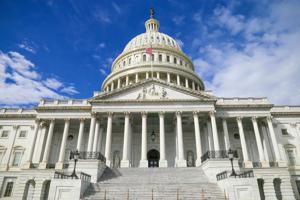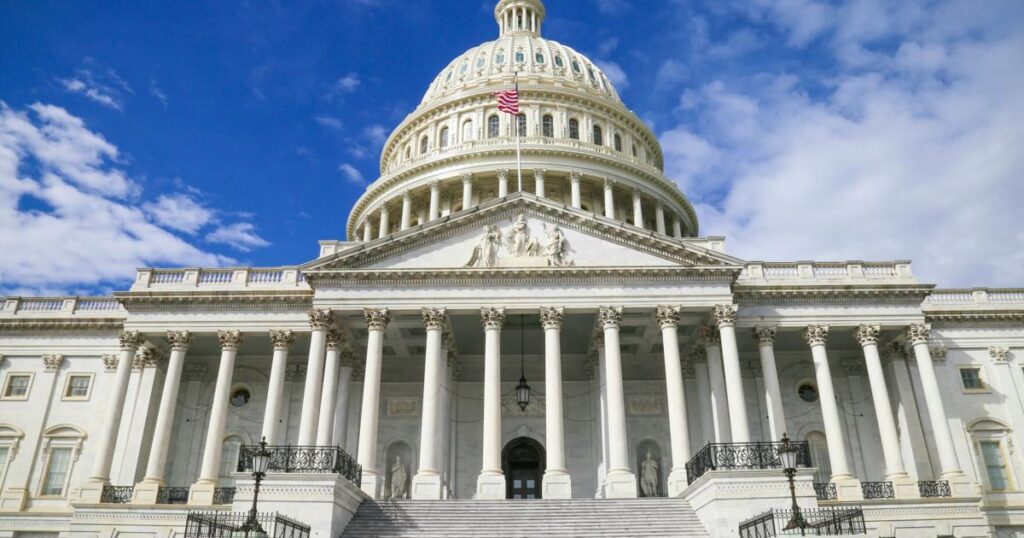
(The Center Square) – As Congress weighs the “big, beautiful bill,” a proposed hike to the state and local tax deduction cap is drawing fire for favoring taxpayers in high-tax states, like Illinois.
Taxpayers who itemize can deduct up to $10,000 in state and local taxes from their federal taxes—a cap set by the 2017 tax law. A provision in the legislation the U.S. Senate sent back over to the House Tuesday would raise that cap to $40,000 for most people, but phase it out for those earning over $500,000.
“This is considered to be specifically a subsidy for high-income taxpayers in high-tax states because there are some lower-tax states where even relatively high earners aren’t paying $10,000 in state and local taxes due to low property and income taxes,” said Tax Foundation analyst Katherine Loughead.
Loughead said all federal taxpayers would essentially be on the hook to offer this increased deduction.
“The federal changes aren’t fully paid for — they will definitely add to the deficit and national debt by a significant amount,” said Loughead. “The exact cost is still being determined, depending on the final version of the bill. But ultimately, this is a subsidy that’s not fully offset, and taxpayers across the board are covering the cost, even though it’s only going to those who qualify.”
Critics say this change could relieve political pressure on state lawmakers to lower property or income taxes, especially in states like Illinois where residents pay among the highest property taxes in the nation.
According to Loughead, only about one in ten taxpayers itemizes deductions, and many won’t come close to the threshold needed to take advantage of the break.
“If they only have a relatively small amount of state and local tax liability—say $3,000 or $5,000—and their other deductions don’t add up to more than the standard deduction, they’ll just take the standard,” Loughead explained. “Those taxpayers will face higher property taxes as state taxes continue to rise, and they’ll also continue to pay the same at the federal level.”
Meanwhile, those with larger tax bills who can itemize will see a greater benefit—effectively dulling the impact of local tax hikes for wealthier residents and creating a disparity in tax treatment.
“In a flat-income tax state like Arizona, where everyone pays 2.5% income tax, you’d need to earn a very high income to exceed $10,000 in state income taxes,” Loughead said. “Even higher earners in low-tax states may not hit the deduction threshold because their overall state and local taxes are relatively low. That’s why this expanded SALT deduction mainly benefits taxpayers in high-tax states.”
Supporters of the expanded SALT deduction argue it simply restores fairness to residents in high-cost areas, who may feel doubly penalized by both state and federal taxes.





